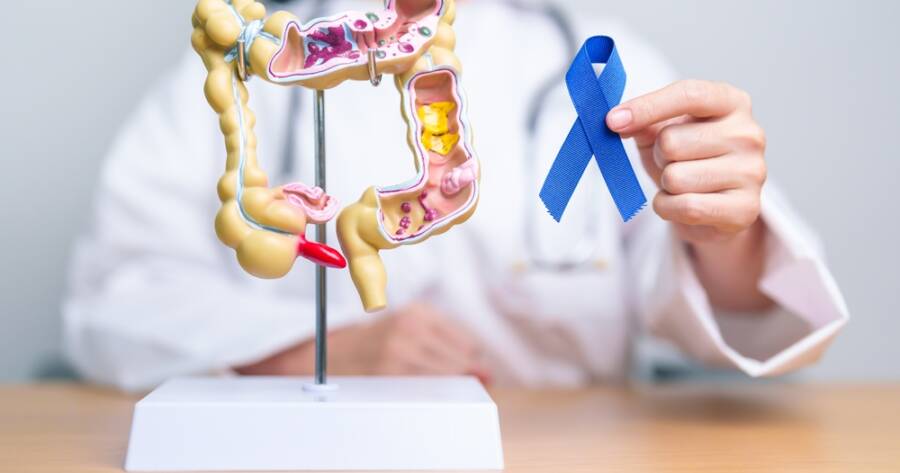Colon cancer can develop silently, often showing few symptoms in its early stages. Recognizing potential red flags is crucial, as early detection significantly improves treatment outcomes. Be mindful of changes like unexplained weight loss, persistent abdominal discomfort, or unusual bowel habits. Paying attention to warning signs can prompt timely medical evaluation, allowing for early intervention and a better chance at successful management of this potentially life-threatening condition.
What Is Colon Cancer?
Colon cancer is a type of cancer that starts in the large intestine (colon), the lower part of your digestive system. It usually affects older adults, though it can happen at any age. The causes of colon cancer are not entirely understood, but certain factors increase the risk. These include age, a personal or family history of colon cancer or polyps, a high-fat and low-fiber diet, a sedentary lifestyle, diabetes, obesity, smoking, and heavy alcohol use.
Regular screening is crucial, as it can detect colon cancer early when it’s most treatable. Find out when you should start screening for colon cancer and talk to your doctor if you’re worried about your risk.
Early Warning Signs of Colon Cancer
The early stages of colon cancer often don’t produce symptoms, which is why screening is important. However, when symptoms do appear, they may include changes in bowel habits, such as diarrhea or constipation, or a feeling that your bowel doesn’t empty completely.
Rectal bleeding or blood in your stool, persistent abdominal discomfort (like cramps, gas, or pain), unexplained weight loss, and fatigue are also possible. If you experience any of these symptoms, it’s important to consult a healthcare professional as they may be signs of colon cancer or other health conditions.
Treating Colon Cancer: What Are My Options?
Treatment for colon cancer typically depends on the stage of cancer, overall health, and preferences. Options may include surgery for early-stage colon cancer, surgery for advanced colon cancer to relieve symptoms, chemotherapy, radiation therapy, targeted drug therapy, and immunotherapy.
The earlier colon cancer is detected and treated, the better the outcome. Researching your options and working with a team of cancer specialists will help determine the best course of action for each case.
Understanding Risk Factors for Colon Cancer
In addition to age and family history, several lifestyle-related factors can increase the risk of developing colon cancer. Diets high in processed meats and red meat, as well as low in fruits, vegetables, and whole grains, are linked to an increased risk of colon cancer.
Physical inactivity is another risk factor, as regular exercise can promote healthy bowel function and lower the risk of polyps developing in the colon. Additionally, people with inflammatory bowel diseases, such as Crohn’s disease or ulcerative colitis, are at higher risk and may need earlier or more frequent screenings.
Preventive Measures and Early Detection
There are several preventive measures you can take to lower the risk of colon cancer. Maintaining a balanced diet rich in fiber, engaging in regular physical activity, and reducing alcohol consumption and smoking can all contribute to a healthier colon.
Regular screenings, such as colonoscopies, are crucial for early detection. These screenings can identify and remove polyps before they develop into cancer. Discussing your personal risk factors with your doctor will help determine the right screening schedule and prevention strategies tailored to your needs.
Learn More About Colon Cancer
Understanding colon cancer, its early warning signs, and treatment options is essential for early detection and effective management. If you or someone you know is at risk or is experiencing symptoms, don’t hesitate to seek medical attention.
The best way to protect your health is to keep learning. Get started today to educate yourself and take proactive steps in protecting your health against colon cancer.
